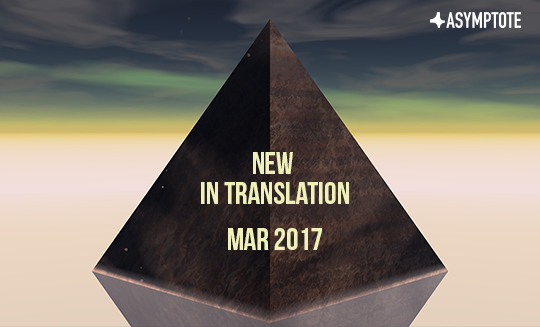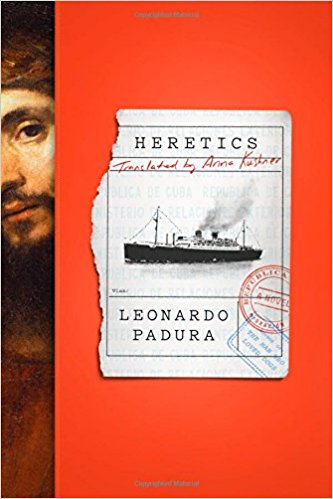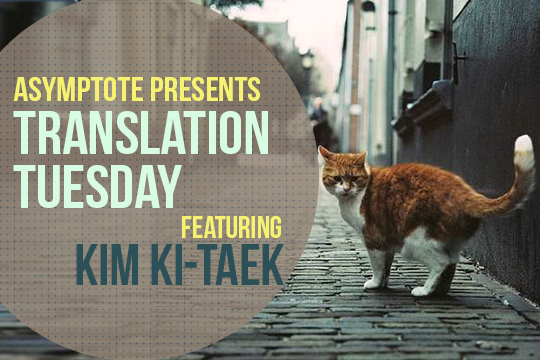A role of literature has always been to draw a voice out of the unspoken; in our Spring 2023 issue, we acted on this mandate to collect a variety of texts that place the non-human at their centre. This consideration of our planetary cohabitants is not only a powerful expression of imagination, but also an exercise of ethical care, exemplified by these chosen writers as a way to not only instill wonder, but also to facilitate deeper consideration of our role in protecting and honouring these lifeforms. To further elucidate the educational power of this ecologically-oriented literature, we present a three-part series in which Charlie Ng, co-editor of the feature, discuss in depth the context and the activism innate in these texts.
“Song of the Whale-road”, one of the pieces in the animal-themed feature of Asymptote’s Spring 2023 issue, consists of excerpts taken from Yolanda González’s recent novel Oceánica. Mesmerising in its lyrical tone, the text reveals the primordial unity of the human and nature, which has eventually dissociated as mankind developed their own civilization, and life and death—originally stages of a natural cycle—came to be laden with anthropogenic threats and massacres. The novel opens with an epigraph that consists of three quotations: from the Genesis book of the Bible, Bruno Latour’s Facing Gaia, and Raúl Zurita’s poem “Las cataratas del Pacifico”, revealing the novel’s environmentalism immediately to the reader.
As was written in Genesis, God’s command of procreation and the passing over of Earth’s dominion to Man reminds us of our stewardship of nature—but the irony is that the multiplication of mankind has brought catastrophe to the other lifeforms sharing the planet with us. The whale, often regarded as an environmental symbol, embodies the image of endangered animals and the importance of protecting keystone species for the purposes of biodiversity and combating climate change. They also appeal to our imagination for both their massive size and their biological significance as mammals living in the depths of the ocean, making them all at once mysterious, fearful, and attractive. In Western culture, whales are sometimes known as “leviathans”, sea monsters mentioned in the Bible that represent the uncontrollable power of nature. Herman Melville’s Moby Dick is arguably the most well-known work of oceanic literature that makes use of such a profound, epic, human-whale relationship, while in contemporary literature, cetacean narratives such as Witi Ihimaera’s The Whale Rider and Zakes Mda’s The Whale Caller play a crucial role in offering localised perspectives that contrast mainstream Western environmentalism.




